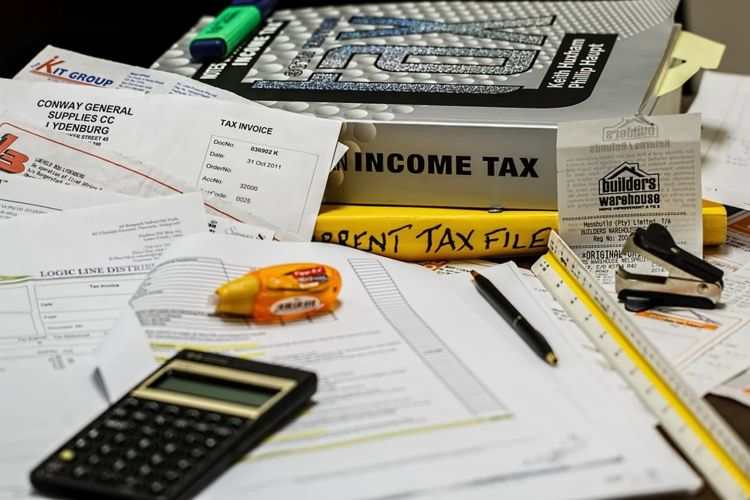 There are many new things that you have to learn when you start your own businesses and many new business owners find that the biggest challenge is making sense of their taxes. Tax planning for businesses is complicated and can be quite daunting if you don’t really know what you are doing. The thing is, if you don’t make sense of your taxes, you will probably end up paying more than you need to, which is why tax planning is so important. If you are a business owner that is struggling with your taxes, these are some of the best tax planning tips to help you reduce your bill.
There are many new things that you have to learn when you start your own businesses and many new business owners find that the biggest challenge is making sense of their taxes. Tax planning for businesses is complicated and can be quite daunting if you don’t really know what you are doing. The thing is, if you don’t make sense of your taxes, you will probably end up paying more than you need to, which is why tax planning is so important. If you are a business owner that is struggling with your taxes, these are some of the best tax planning tips to help you reduce your bill.
Understand the System
The tax system is complicated and many business owners make mistakes because they simply don’t understand it. If you are going to save money and avoid any errors on your tax returns, it’s vital that you spend some time learning the system. Some great tax training courses (you can find out more at https://www.tri-merit.com/tax-training-and-cpe/), although designed for accountants, will give you all of the most up to date information about the tax system and any issues that may affect you. It’s a good idea to invest some time and money in these kinds of courses so you will fully understand the tax system and learn how to navigate it.
Consider Outsourcing
If you are still struggling to make sense of the tax system and you don’t really know how to reduce your bill, you should consider outsourcing your accounts. Paying a professional accountant to handle all of your finances is the easiest way to stay on top of your money and they will be able to find ways to cut your tax bill.
Invest Your Profits
Any investment that you make in your business is 100% tax deductible, so investing your profits is one of the most effective ways to reduce your tax bill. Towards the end of the financial year, you should spend money on things like new computers for the office, or new vehicles or new manufacturing equipment. Not only will this reduce your tax burden, but it will also help to improve your business and increase productivity.
Defer Business Income
In some cases, you may be able to defer business income so it falls in the next financial year and you won’t have to pay any tax on it this year. For example, you can delay payments or extend the time that people have to pay their invoices so you don’t get that money in the current tax year. However, it’s important that you are careful when employing this strategy because it could lead to cash flow issues. If you defer too much of your income, you may suddenly find that you don’t have enough revenue coming in to pay all of your overheads.
These are some of the most effective tax planning tips that will help you to reduce the amount of tax that you pay each year.